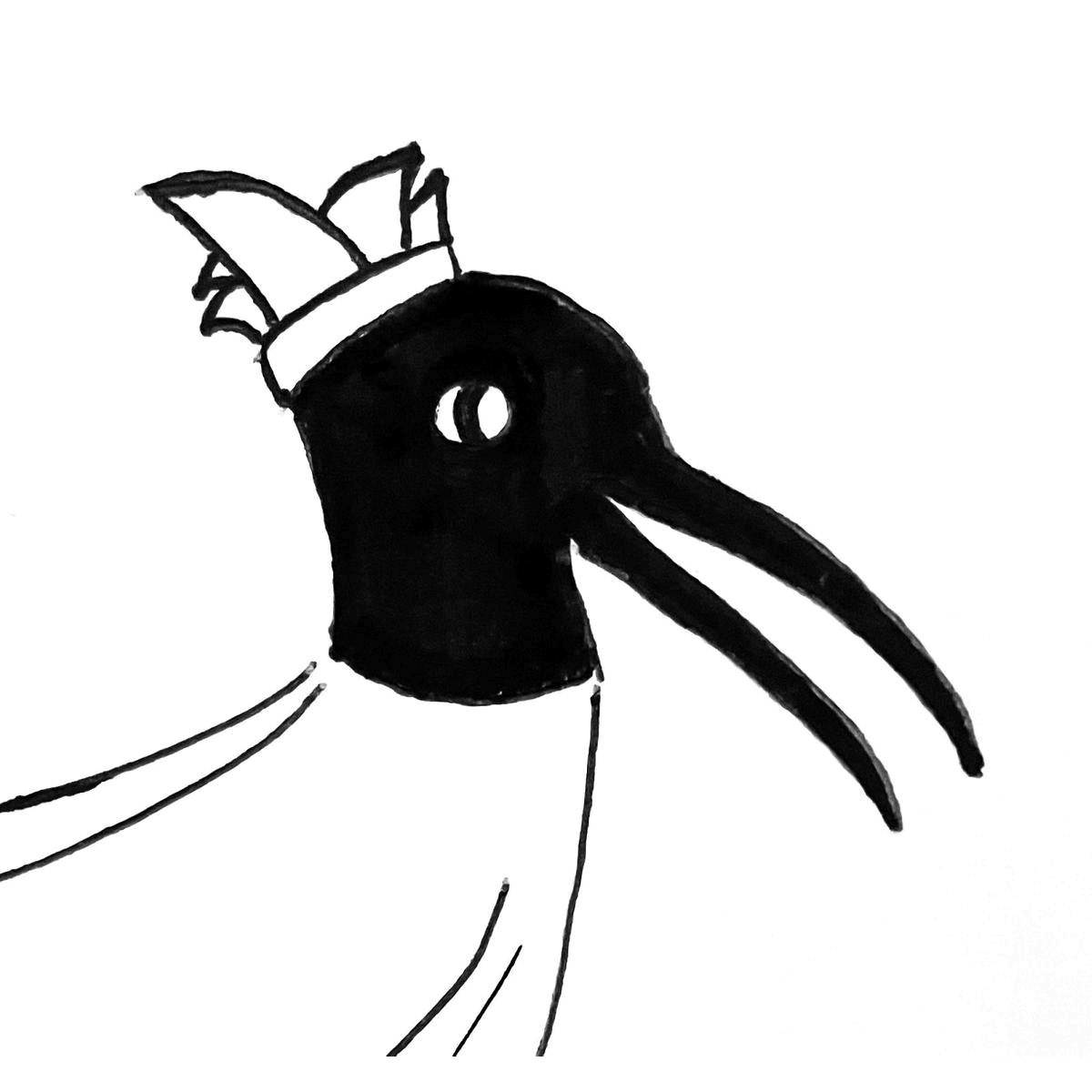Eat fish, but better.
Back in the VCR-dynasty, a West-Indian crab enchanted kids about the wonders of the sea. Paraded by energetic steel drums and a charming band of very coordinated fish it was all an envious paradise. Fast forward thirty years, the world painted by Sebastian has not aged well. As overfishing becomes the norm, aquaculture let alone the marine ecosystem simply cannot keep up with human drive.
In parallel, a slick 22-seater sits as the cerebrum of a rippling movement in sustainability. Ironically, the space in a previous life was a sushi train - one of Japan’s more embarrassing inventions. A mash of fast food and Fordism, this form of trade contrasts with Saint Peter’s production line of fish. Boss Josh Niland aims to influence better decision-making about the preparation of seafood. The flashy marketing of dry-ageing and his whole beast mantra have drawn most of the spotlight, however it is helpful to know what the hoo-ha is all about.
Dry-ageing and the scale-to-tail approach to fish are not new to the human consciousness. Since ancient times, preserving seafood via salting, smoking, pickling or drying has been practised across cultures at extreme scales of climate and terrain. In terms of minimising waste, utilising the offal or the non-fillet parts of the fish is also normal for cultures far and wide. From cod tongue in Norway to monkfish liver in Japan, these “undesirable” bits are in fact prized and included in the fish’s total individual yield. Large portions of the world enjoy a whole fish on a plate (as opposed to only its fillets) - learning to finesse sharp tiny bones from an early age.
On the other hand, hundreds of millions’ fish eating habits will only involve canned tuna or fish and chips, and will never experience arguing over who gets to dig out the coveted cheek from a detached fish head. Niland was no exception growing up, prompting his push for a cultural shift.
Unfortunately in the context of common restaurant practice serving European food at least in Australia, the UK and North America, a fish’s market value is reduced to the “sum of its fillets”, meaning that most other parts are given the chuck. This is where Niland comes in, at least in our local scene and has a red hot go at reimagining parts of the fish which are routinely discarded, and reworking this offal into desirable and palatable dishes (especially for people who don’t do seafood).
What’s cool about Saint Peter’s angle is the emphasis on:
maximising yield from each animal
buying local
reimagining what can be done to a fish
The fish most championed by Niland for this cause is the Murray Cod. Significant efforts have gone into prudent farming practices for this native river species, one being that the quantity of wild caught fish required to produce feed for Murray Cod is roughly the same or less to the amount of farmed fish produced. Unlike rainbow trout and Atlantic salmon, these farms are not removing more fish than what is produced. It’s a beast of an animal, with chunky shoulders and plenty of fat to play with. On this night at Saint Peter, it was turned into a rich chorizo on a skewer, with corner inlet flathead and striped marlin also reworked as some “porky” cold cuts.
The hair-raiser is the Southern Calamari prepared into thick rice noodle lengths, flash-charred on charcoal and bain-marie tossed with a Yellowfin Tuna Nduja - capturing the smoky goodness of Thai stir-fry noodles. Incredibly satisfying in its creativity and pure deliciousness. Another highlight is the snapper eye ice-cream. How cool! The other dishes were not as memorable but the playlist sure was, gliding through J.J. Cale, Quantic, Darondo and The Teskey Brothers, ensuring the ears were fed as well.
Through its 8-course dinner, Saint Peter really catches your attention. The flathead mortadella alone forces a double-take. How's that for versatility. The second takeaway is “eat your fish, and do it the right way”. Niland is studying the possibilities of a protein which comes from a place we know so little about, but we do know the damage we are doing to it. By advocating for better food choices he nudges us to re-think what we throw out and reap smartly from Sebastian’s glorious home. To respect and try to look after the world that looks after us is the least we owe. FROM THE RIVER TO THE SEA.




















Kommentare